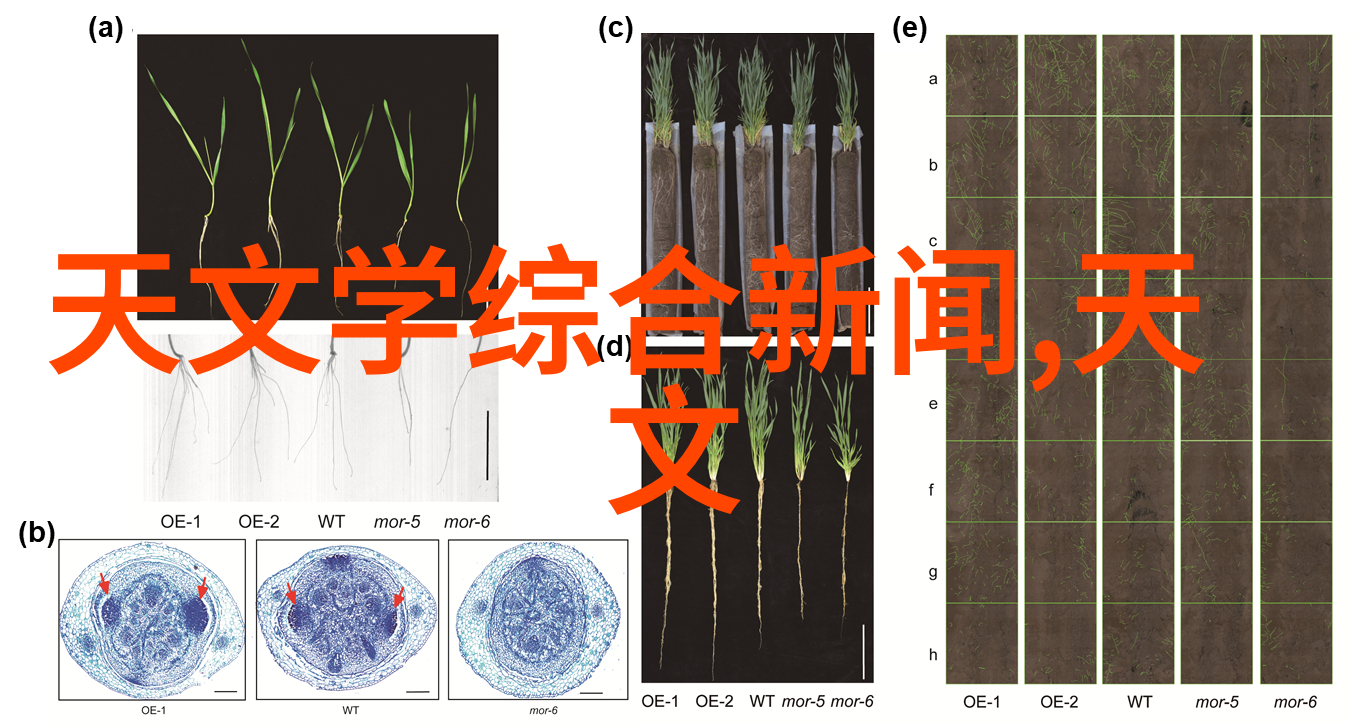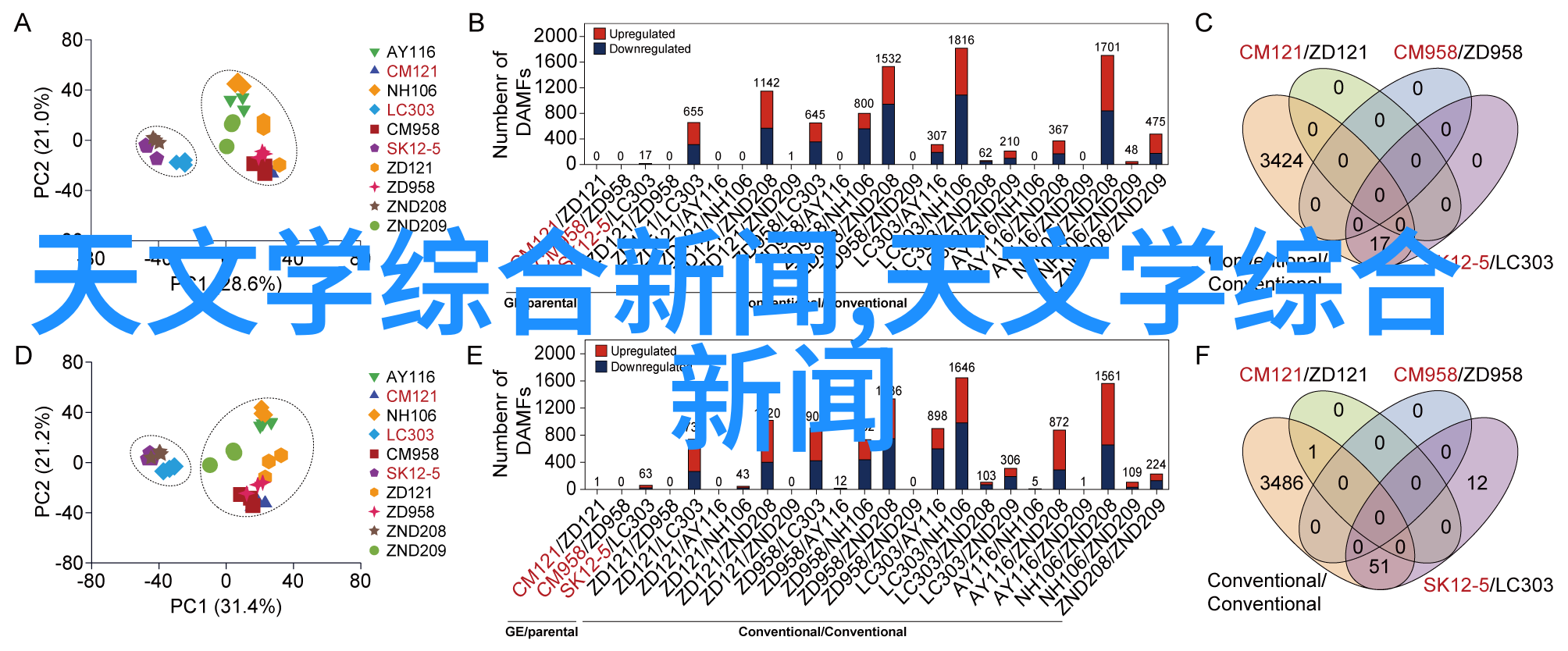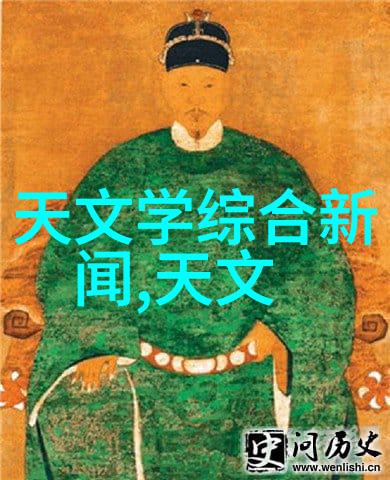引言

在全球化的今天,钢管材作为基础材料,其在各个行业中的应用日益广泛。尤其是高端钢管材,它不仅体现了制造业的先进技术,也直接关系到一个国家或地区的经济发展水平。本文将从钢管材生产厂家的角度出发,探讨高端钢管材如何通过产业链效应来促进经济增长。
高端钢管材定义与特点

首先,我们需要明确“高端”和“标准”的区别。在工业界,“高端”通常指的是产品质量更好、性能更强、价格昂贵的产品。而对于钢管来说,通常意味着使用了更优质的原料,如特殊合金或者经过精细加工,以达到特定的性能要求。例如,用于石油天然气工程、高温环境下的输送系统以及船舶建造等领域。
钢管材生产厂家及其角色

steel pipe manufacturers play a crucial role in the production of high-end steel pipes, as they are responsible for ensuring that the raw materials used meet the required standards and specifications. The quality of these raw materials directly affects the final product's performance.
产业链效应概述

The concept of an industry chain is often used to describe a series of businesses involved in producing goods or services from raw material extraction to end-user consumption. In the case of high-end steel pipes, this includes not only steel pipe manufacturers but also suppliers of raw materials, equipment providers, transportation companies, and other supporting industries.
高端steel pipe对上游产业影响

On one hand, demand for high-quality raw materials such as iron ore and coal increases when there is an increase in demand for high-end steel pipes due to their superior properties like strength-to-weight ratio and resistance to corrosion or extreme temperatures.
中间环节:设备供应商和服务提供者
Another important aspect is that higher demand for specialized equipment such as rolling machines and welding tools leads to increased business opportunities for these suppliers who cater specifically to this niche market segment.
下游市场需求提升带来的影响
When it comes to downstream markets where products using high-end steel pipes are consumed (such as oil rigs or large-scale construction projects), increased demand can lead not only higher sales figures but also job creation within local economies through expanded production capacity and investment into infrastructure development projects related with those sectors mentioned earlier.
政策支持与国际竞争力增强策略
In order for countries wanting stronger economic growth based on developing their respective domestic industries around producing such advanced grade metals (like China did), government policies need be supportive by offering subsidies on research & development investments into new technologies which would make processes more efficient while keeping costs under control; promoting trade agreements between nations so as they could expand export markets beyond regional boundaries; investing public funds towards creating skilled workforce having knowledge about metallurgy engineering alongside basic education levels at vocational schools providing hands-on training programs focused on manufacturing techniques relevantly tailored according themselves specific needs arising out particular industrial branches within given country-specific context respectively - all these measures combined contribute significantly towards maintaining competitiveness globally amongst competitors worldwide against backdrop increasingly fierce competition stemming primarily from countries known well-known world leaders like United States Germany Japan South Korea Canada Australia Russia etcetera…



